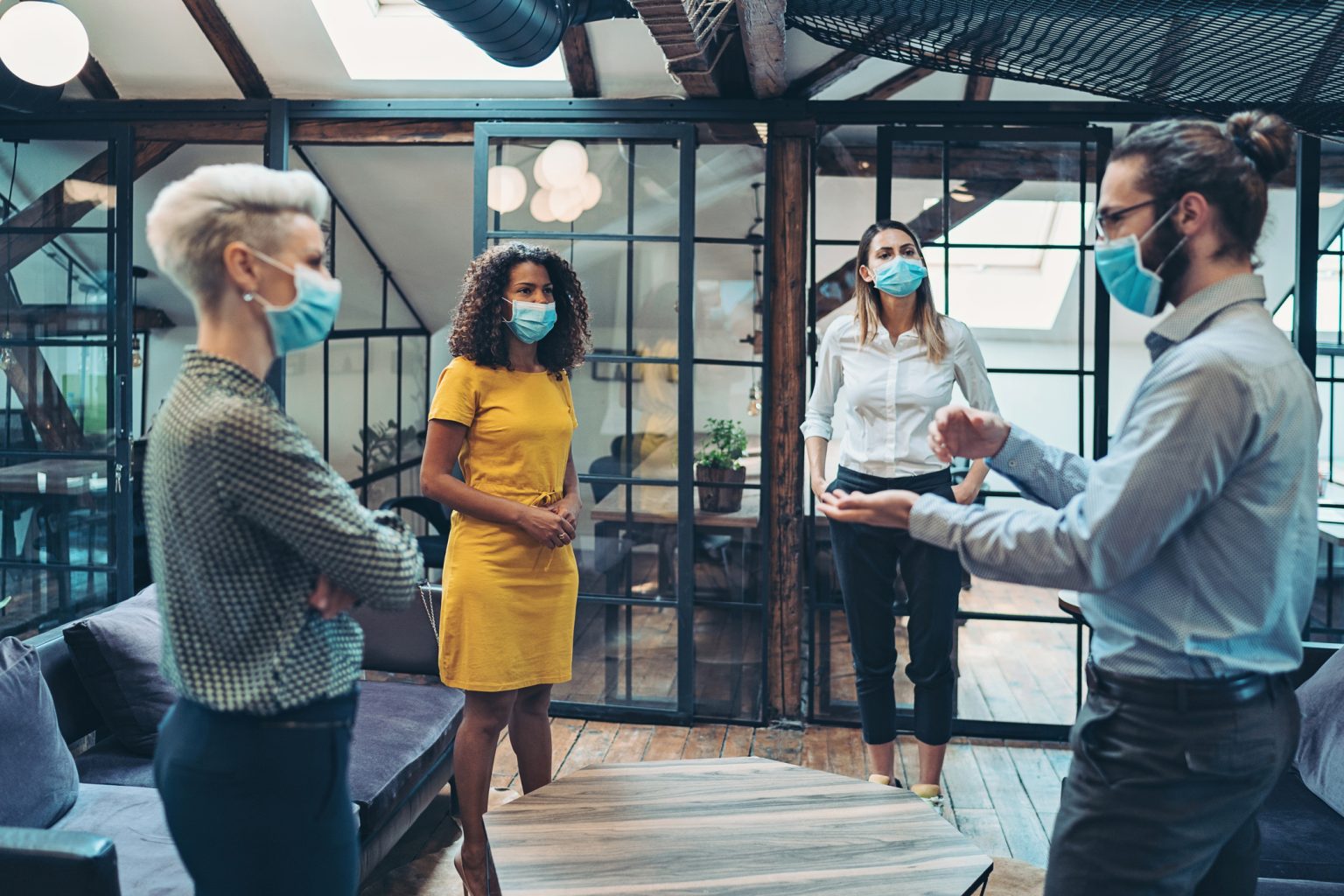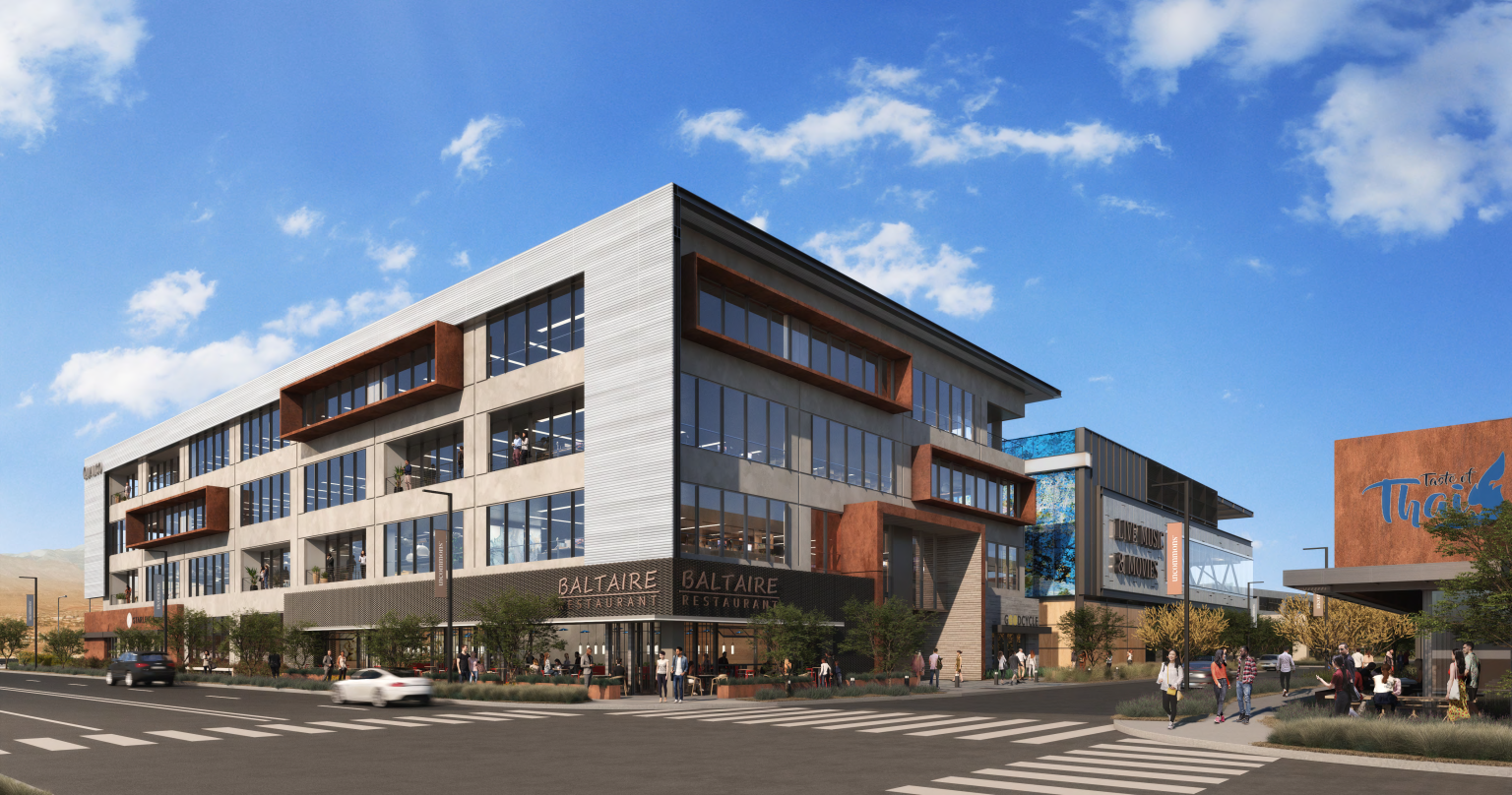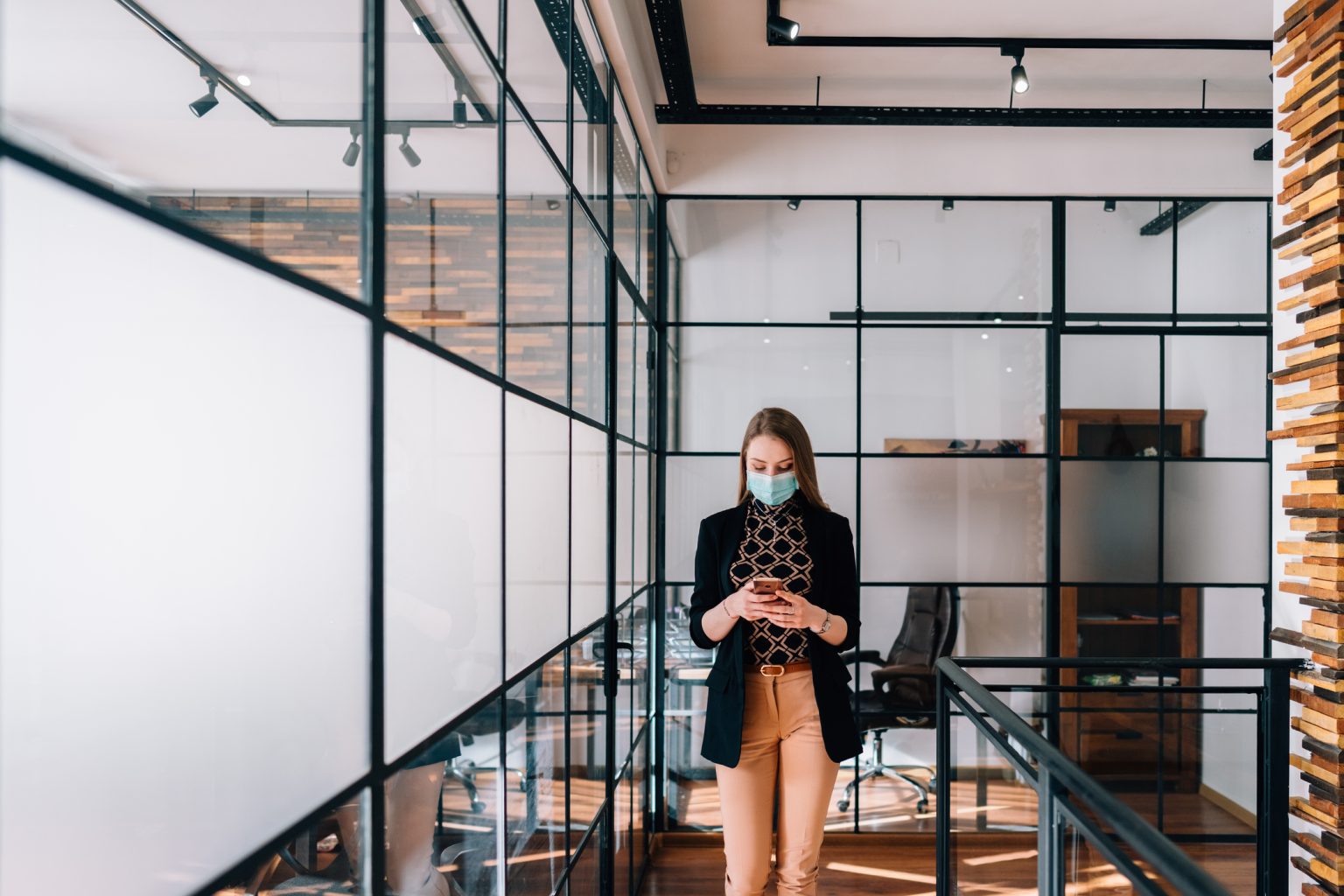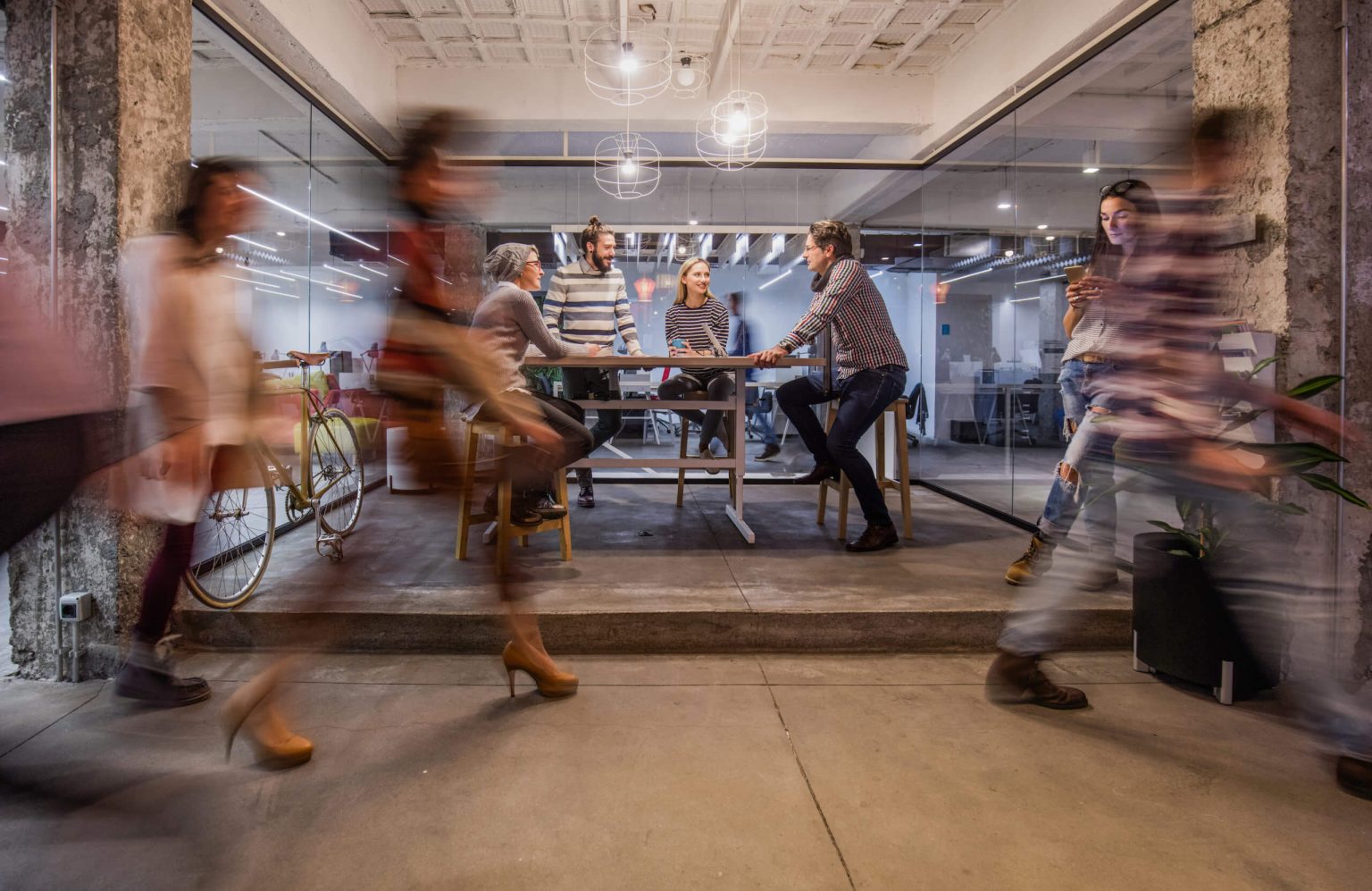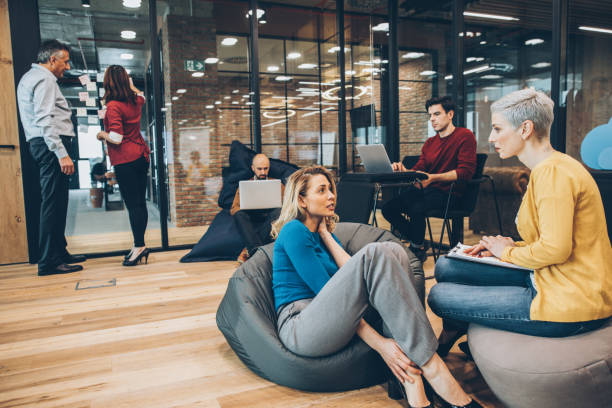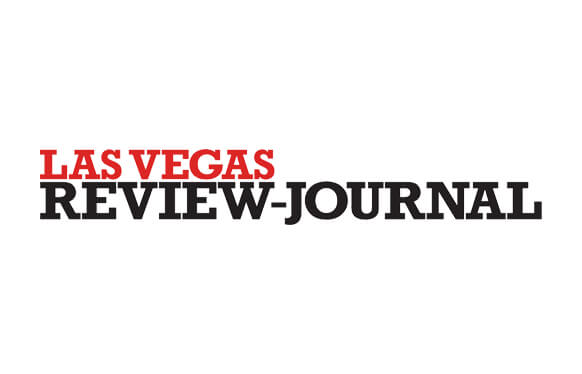At Matter, we’ve always created spaces with an eye towards the recipients who will use them. Things are different now as we all consider our office spaces and how – sometimes even if – we will use them going forward. In order to better understand how office professionals are feeling, we conducted a survey. Some of the findings were expected and we have already started redesigning projects to fit what we anticipate will be the priorities of employees in the future. We’d heard, and experienced in some cases, struggles with isolation (46% of respondents) and its corresponding declining mental health (58% self-reported), a longing to collaborate with colleagues (60%), and missing the socialization that comes with an office setting (52%). This study survey supports the assumptions we had made.
First, some information about the recipients who responded to the survey. The vast majority of respondents live in California (21%) and Nevada (69%); while we would have loved to be able to have representations of the whole country, we are limited by our networks. 57% of our respondents are male and 41% female, 85% of whom typically work from a physical office space. 85% of respondents were working full time before COVID-19 and 87% are working full time now; the uptick seemingly comes from interns who gained full time employments, potentially corresponding with college graduations. Our age differences are well spread with 38% Gen X, 30% Baby Boomers, 17% Millennials and 12% Gen Z. Since information regarding the virus, safety precautions and the economy changes daily, it is important to note that this survey was answered between the months of June and July. We will be interested to compare these results to those this fall.
Possibly the most important takeaway is an employees’ feeling of stability in their position. 76% feel very secure or secure with their employment status with 3% being very unsecure; possibly reflecting the industry of those included in our outreach. When it comes to returning to physical offices, 57% of respondents feel extremely or somewhat comfortable returning to work with 9% feeling they shouldn’t feel forced to return. This could be attributed to the communication of employers with 78 respondents having already received safety protocol from their employers.
Recipients are looking for certain office attributes when they return to the office, most of which can easily be done without much effort or hard cost. Recipients are overwhelmingly looking for two implementations: nightly deep cleaning (59%) and hand sanitizer stations (57%). These factors were even more important than the availability of a vaccine (51%). Respondents didn’t find much value in closing communal spaces (16%), staggering lunch times (14%), or bringing in box lunches instead of buffet-style (17%). More than any other attribute, 35% of recipients are NOT comfortable with employees being required to install contract tracing apps that would notify workers when a colleague is diagnosed with COVID-19 while 16% would be in favor of the tracing.
77% of respondents would rather take the stairs than wait for a socially distanced elevator. This could have many implications for new buildings. Designers may start to build staircases as actual public spaces with attention to design, aesthetics and lighting rather than an industrial setting most only see during a fire drill. Stairway entrances may become more visible and closer to the elevator or main entrance rather than at the end of hallways or behind an elevator bank. If taking the stairs is a trend that continues, will lower floors start to be more desirable for office suites?
Our respondents view on masks reflects the wide spectrum of view in the country. 40% of respondents consider a mask to make them feel MORE comfortable in going back to work. When asked directly if employees should be required to wear a mask in the office 55% said yes, 45% no. Seemingly, there are split reactions to the requirements of masks in the workplace.
Working from home has its perceived benefits and downfalls. Respondents are finding it difficult to collaborate with coworkers (53%) at home, they’re experiencing more distractions at home (46%) and are suffering from social isolation (46%). Not surprisingly, recipients are most looking forward to returning to work so they can collaborate better (60%), socialize with their peers (52%), return to the community aspect of an in-person office (49%), and have a separation of home and work (48%). All things considered, respondents show their desire for flexibility when they are in working in an office, with the most respondents (79%) wanting to work from the office at least three days per week.
70% of respondents plan to change their work travel post COVID-19 with 54% choosing to only travel with essential and 16% not traveling at all.
Respondents were cautiously optimistic when it came to how COVID-19 has or will change their lives. 50% are somewhat worried about the impact of COVID-19 on their lifestyle with only 9% extremely worried and 5% not worried at all. Respondents are most fearful of a member of their family contracting COVID-19 and there is uncertainty creating anxiety/nervousness for 61% of respondent. Between 40% and 58% feel that social distancing has had a negative effect on themselves, friends or family—with the highest negative effect being self-reported. 82% of respondents believe that they are likely or very likely to completely return to old lifestyles after a vaccine is available. The activities that they are looking forward to are visiting restaurants (76%), spending time with friends (56%) and going to sporting events (50%).
At Matter, we believe it’s important to respect each individual – only amplified with the introduction of a global pandemic. We all have the opportunity and responsibility do what we can to encourage a safe, welcoming and collaborative work place and hopefully this interpretation of the data will help to make informed decisions and move forward purposefully and informed.
